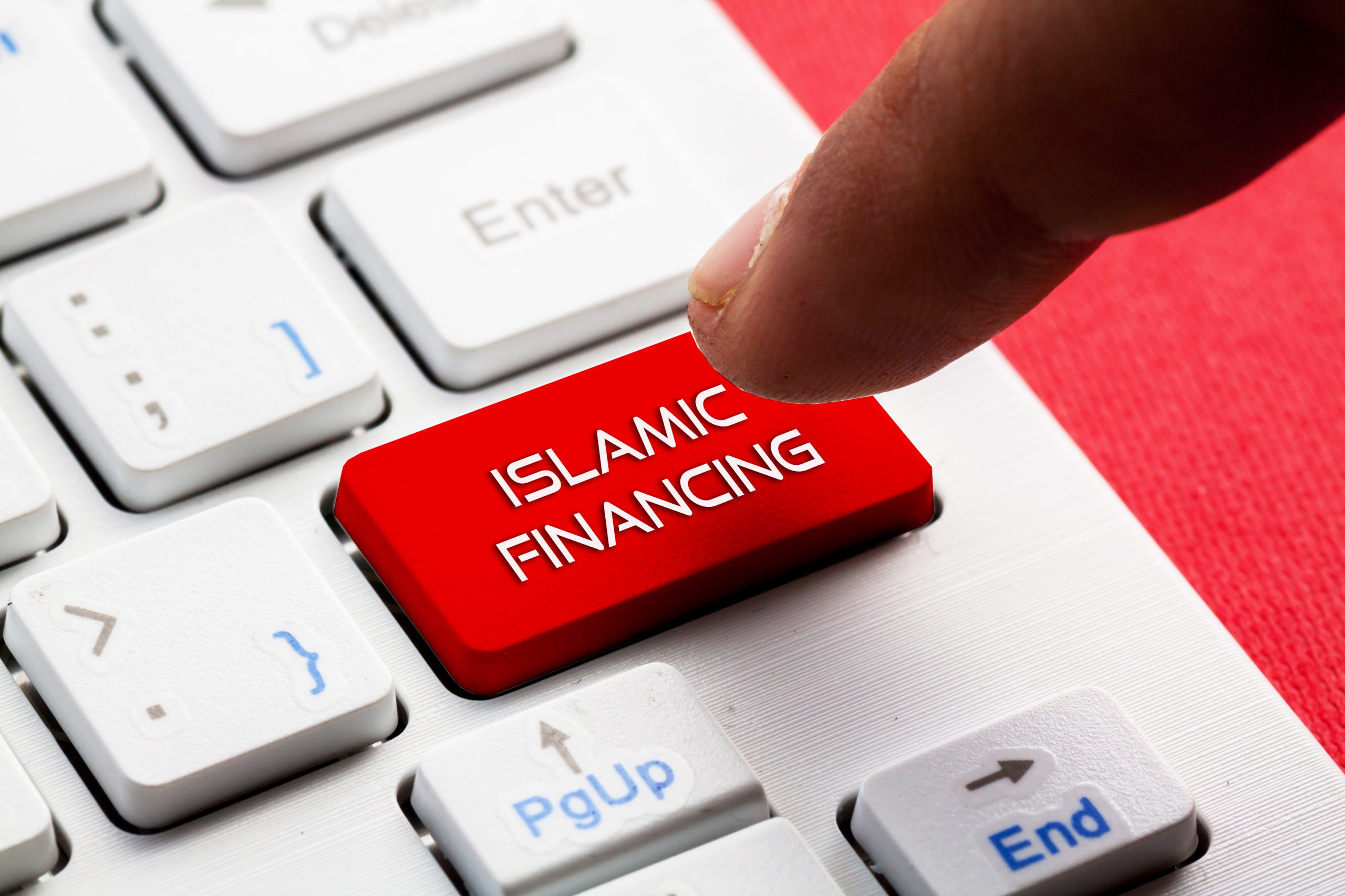Embracing innovation in Islamic banking

Investment in technologies and a focus on expanding the customer base are some of the key strategies to drive growth
According to global FinTech research firm IBS Intelligence, the global Islamic finance industry is expected to grow by 10%-15% in 2025.
The Middle East is anticipated to take the lion’s share of this growth, acquiring almost 77% of sharia-compliant assets globally.
This upward trajectory is underpinned by the region’s growing Islamic banking infrastructure. The UAE, for example, is now the world’s fourth-largest Islamic banking market, according to the Islamic Finance Development Report.
This regional expansion reflects the sector’s critical role. The sector is built on a strong ethical foundation and offers products rooted in interest-free principles, profit-sharing arrangements and asset-backed financing.
Over time, these values have resonated well with those seeking sharia-compliant and sustainable finance alternatives.
However, to maintain this momentum, the Islamic banking sector must adopt forward-looking strategies that address evolving customer expectations and navigate global economic shifts. These include expanding its customer base, enhancing product offerings and leveraging technologies, all while adhering to sharia principles.
One such strategy is the introduction of digital-first solutions that have the potential to transform how customers interact with financial services.
For example, mobile platforms such as Mashreq Neo are designed to offer seamless account management, real-time investment tracking and access to sharia-compliant financial products.
These features are seamlessly integrated with daily banking tools such as automated savings, wealth management and financial planning, catering to the growing demand for transparency, efficiency and sharia-compliant financial services.
The adoption of artificial intelligence (AI) tools is also revolutionising Islamic banking by enhancing operational efficiency and maximising customer value.
These tools streamline middle-office functions, such as compliance monitoring and anti-money laundering, ensuring that the use of and source of funds strictly adhere to sharia requirements. AI-driven tools also play a pivotal role in improving risk management and regulatory compliance.
Robo-advisery tools are another innovation shaping the sector. These platforms provide automated investment advice, offering customers personalised portfolio recommendations based on predefined criteria.
By eliminating the need for face-to-face meetings with financial advisers, robo-advisers save time and reduce banks’ operational costs.
The launch of Wahed, the UAE’s first sharia-compliant robo-adviser, in 2023 demonstrates this shift towards digital advisory solutions, enabling individuals to easily access investment opportunities.
To further advance innovation, the Islamic banking sector is also increasingly collaborating with FinTech firms to expand its reach and offer services to a broader audience, including underserved communities.
These partnerships have paved the way for solutions such as Islamic crowdfunding platforms, which enable individuals to participate in charitable projects or invest in halal businesses. By leveraging digital tools, these platforms break geographic barriers and allow financial institutions to extend services to remote areas where traditional banking infrastructure is limited.
In addition, the sector is tapping into new demographic segments, including younger, tech-savvy investors seeking sharia-compliant and accessible investment opportunities. These platforms provide transparency and accountability, empowering investors to monitor how funds are utilised while ensuring adherence to Islamic guidelines.
For decades, sukuk, or Islamic bonds, have represented a significant growth area within Islamic banking. Specialised products such as green sukuk, aimed at sustainability-focused investments, have been gaining prominence.
These instruments enable banks to contribute to global environmental goals while meeting customer demand for sharia-compliant investment opportunities.
According to the Central Bank of the UAE, the regional sukuk market is expanding rapidly, driven in part by the UAE federal government’s introduction of local-currency treasury sukuk.
This move is expected to encourage more issuances from other market players. In the first quarter of 2023 alone, at least 17 sukuk were issued in the region, highlighting the increasing importance of Islamic bonds in financing major projects and supporting sustainability initiatives.
By embracing diverse technologies, diversifying product portfolios and forming meaningful partnerships, the sector today is well-positioned to meet the dynamic needs of customers. Ultimately, the sector’s growth hinges on its ability to innovate while staying true to its underlying principles.



